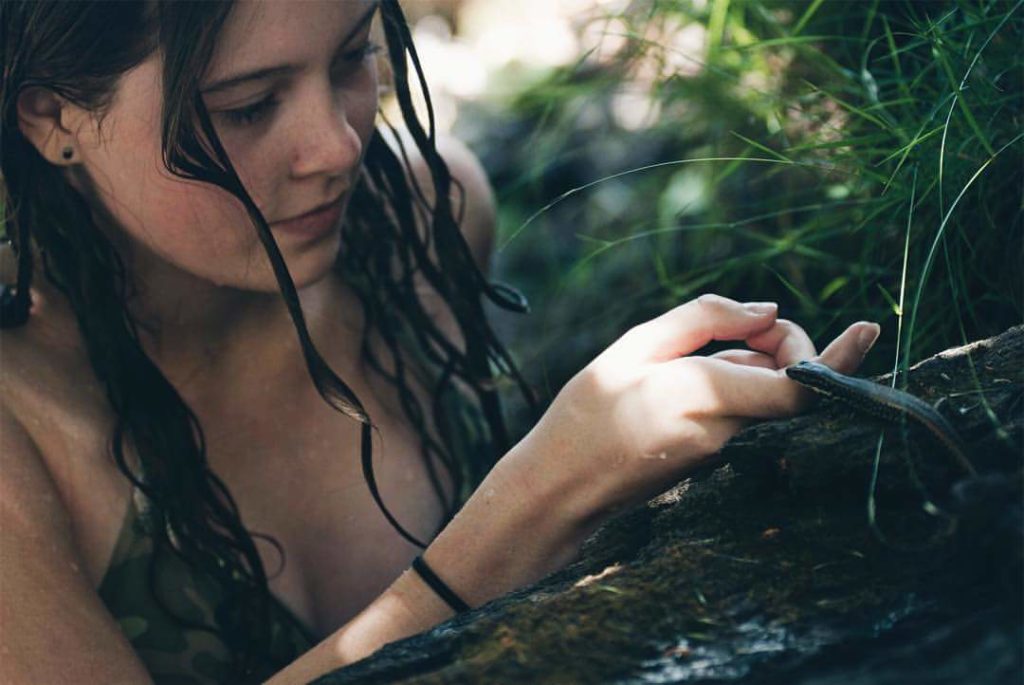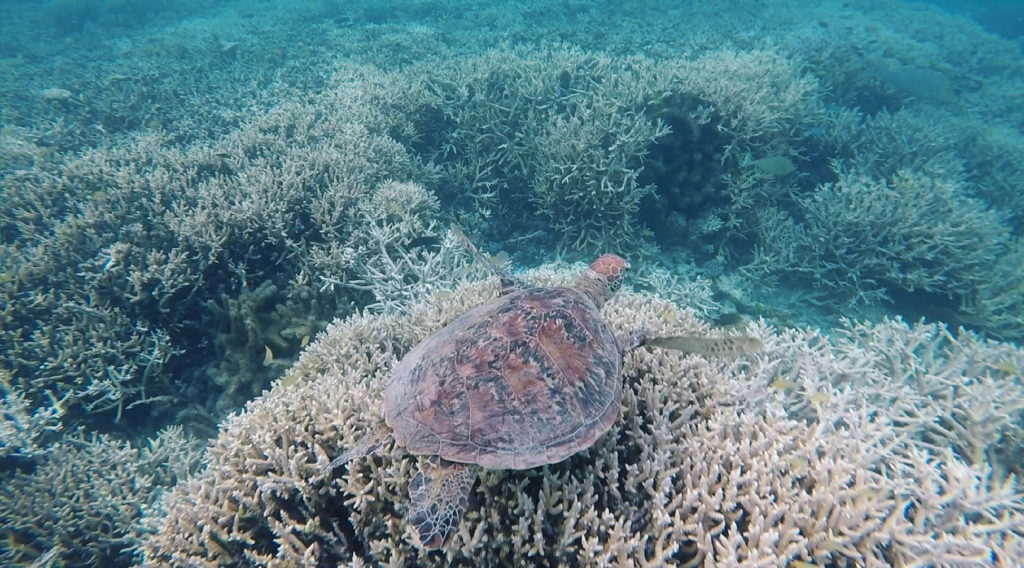Who am I?
A conservation scientist, communicator and policy maker, who is committed to making a world of difference for people and planet. My mission is to reawaken biospheric value systems and achieve lasting environmental and economic sustainability for future generations.


Let’s collaborate
If you are inspired to work together and take action for wildlife, please contact me. I will endeavour to help you as best I can.
“The least I can do is speak out for those who cannot speak for themselves”
– Dr Jane Goodall